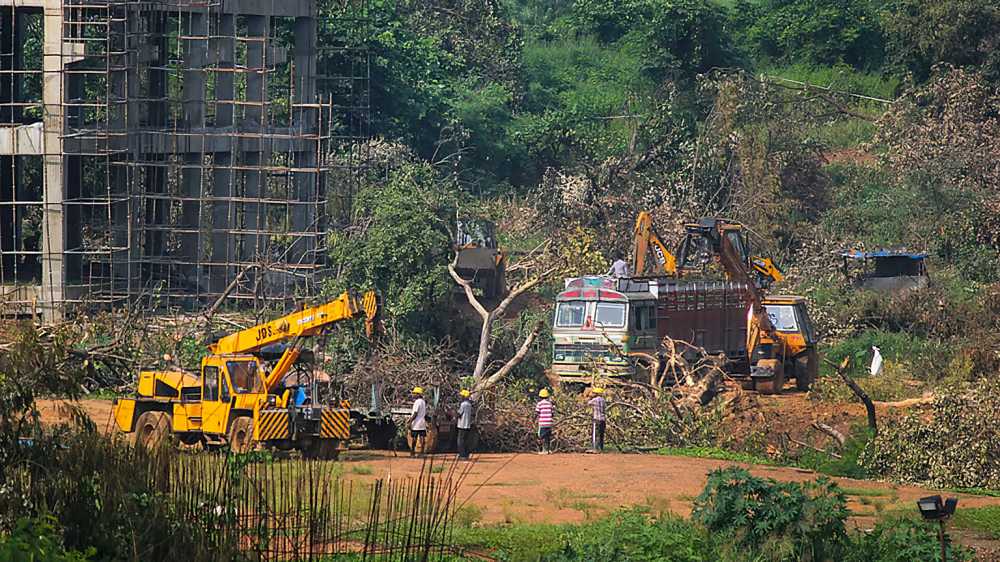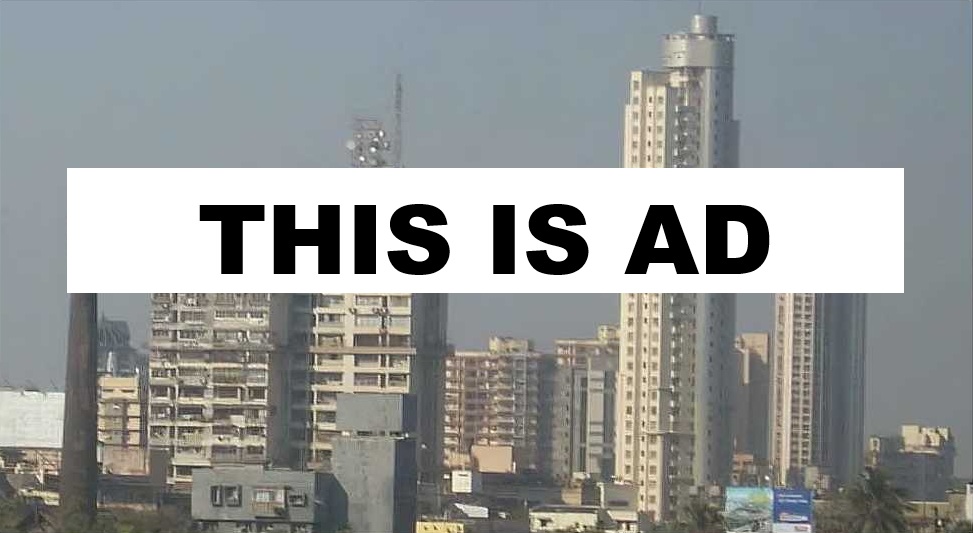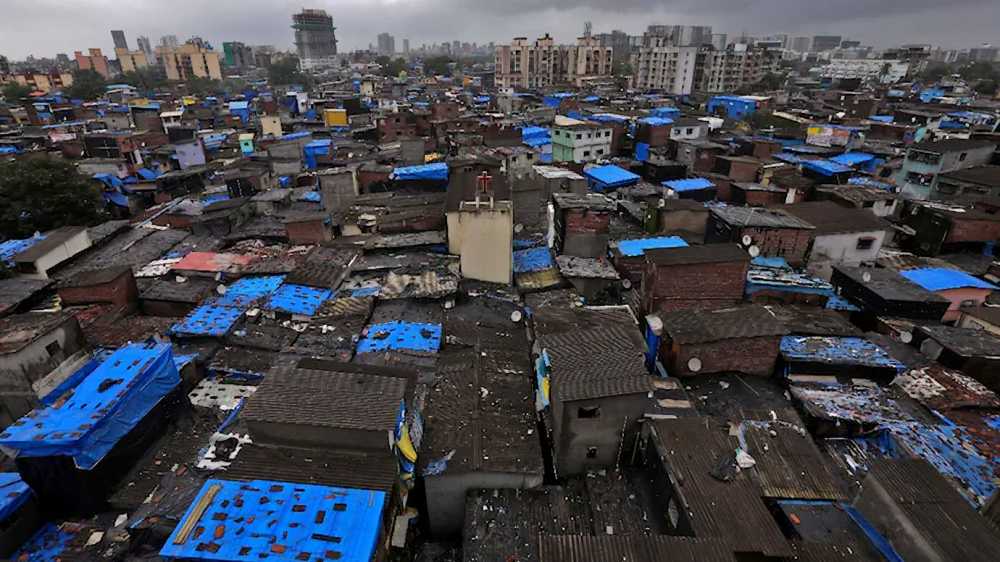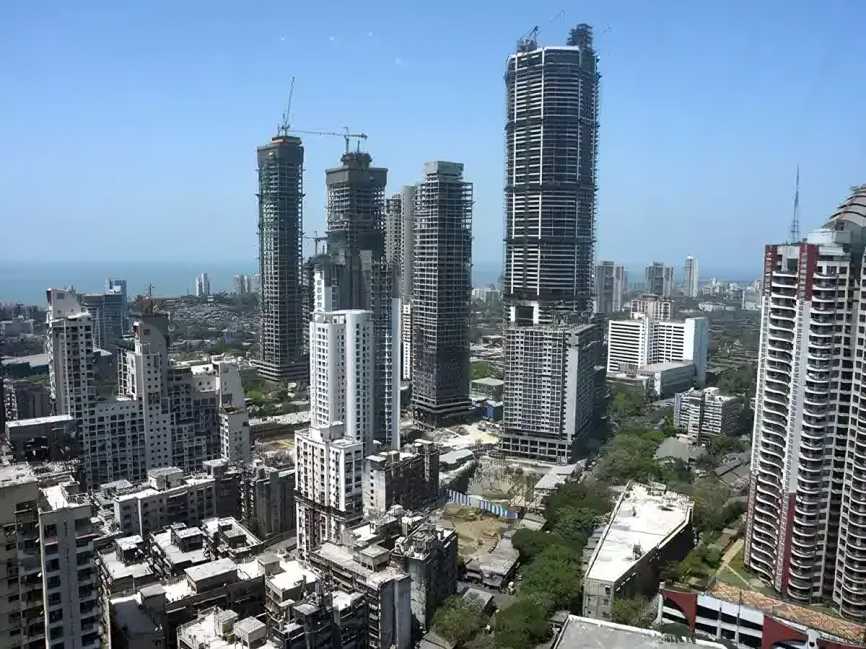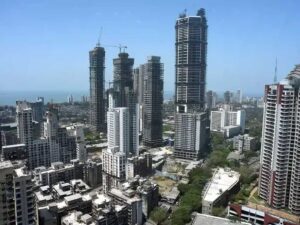October 30, 2025: India’s green cover crisis has deepened, with Global Forest Watch reporting a loss of 2.3 million hectares of tree cover between 2001 and 2024. A recent Lancet study revealed that the country accounts for 26 percent of global air pollution-related deaths, underscoring the urgent need for environmental accountability. The Supreme Court’s strong censure of the Maharashtra government over its poor compensatory afforestation record has now brought this issue into sharp focus.
The apex court has suspended clearances for several Mumbai infrastructure projects after discovering that only half of the 20,460 saplings planted to replace felled trees had survived. These trees were cut down for metro lines and a tunnel running beneath the Sanjay Gandhi National Park—“a project that quite literally tunnels through the city’s lungs.” Chief Justice B.R. Gavai’s Bench warned the state that earlier clearances could be withdrawn if credible replantation plans are not submitted by November 10.
While infrastructure is essential for economic growth, unchecked development that ravages forests undermines sustainability. The Compensatory Afforestation Fund Act—designed to ensure that agencies plant twice the number of trees they fell—has largely devolved into a bureaucratic formality. Permissions to cut trees are easily granted, but the saplings meant to replace them often wither due to neglect and lack of maintenance.
This systemic failure extends nationwide. In Chhattisgarh, compensatory plantations for a 228-hectare highway project failed due to fragmented plots, while a 2020 Himachal Pradesh study found only 3.6 percent of planted saplings survived. Monoculture plantations of teak and eucalyptus further degrade biodiversity.
The Supreme Court’s intervention must serve as a wake-up call. India needs real-time audits, transparent tracking, and strict penalties to ensure that development does not suffocate the forests that sustain it.




